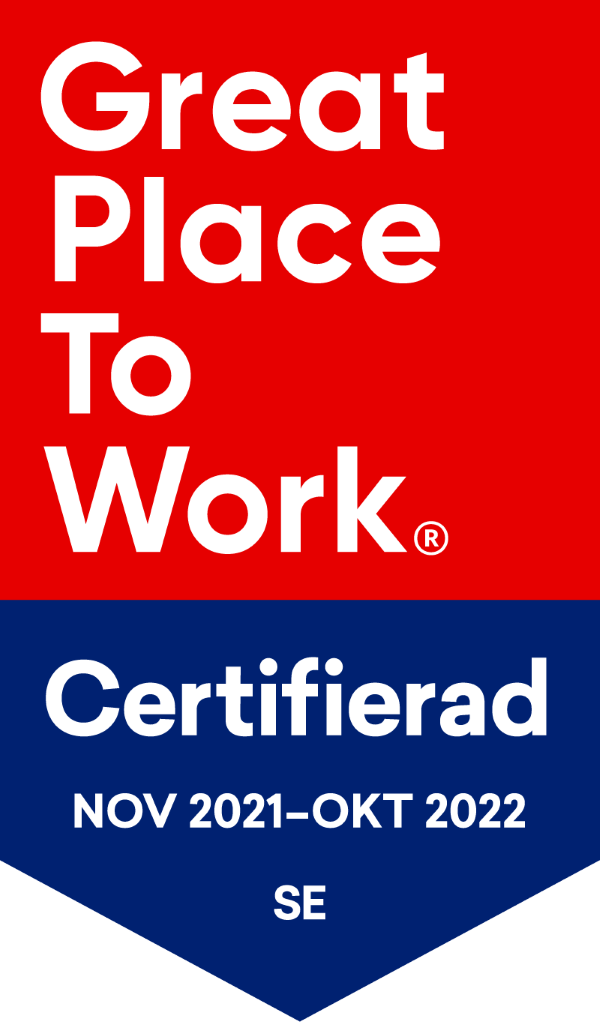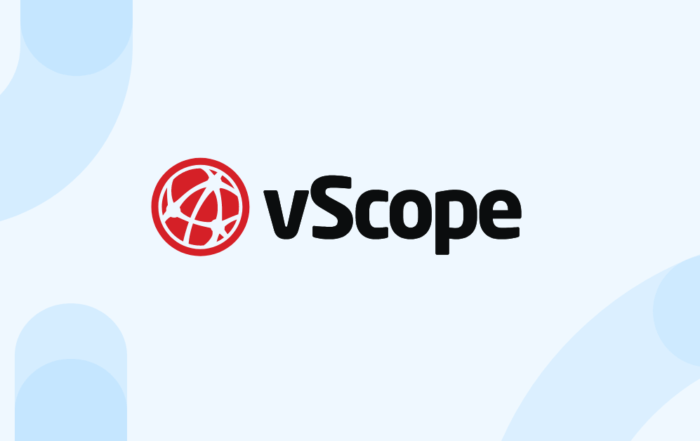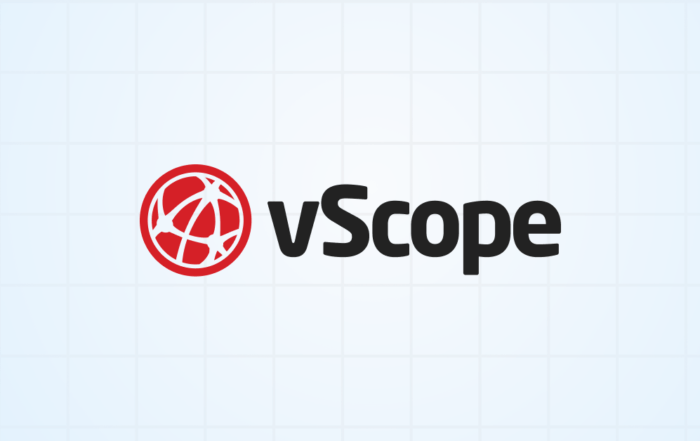PRODUCT UPDATE
Document your Azure App Registrations in vScope
In the latest update of vScope, we’ve added two new asset types: Azure App Registrations and Load Balancers. This way you can collect more assets and reports in vScope, making them easy to search, document, and share with your team. Read all about it and some additional highlights from the latest update!
New Asset Types: Azure App Registrations, Load Balancers
Notice 👉 You need to have Admin privileges to manage Discovery in vScope

To help you improve your documentation routines further, we have added two new asset types in vScope. Azure App Registrations are used to manage application permissions in Azure. By collecting this information in vScope, you will get a better overview and documentation about all your Azure App Registrations. Configure alerts about active app registrations, or client secrets about to expire, or share reports with your team. Easy!

Load Balancers help efficiently distribute incoming network traffic across servers. And now you can collect them in vScope to expand your network documentation and reporting.
Get started…
You can search vScope for prebuilt content about the new asset types. But first you need to collect assets:
How to collect Azure App Registrations

If you are already collecting assets from Azure, just enable the “Azure App Registration” toggle in your Azure credential. If you don’t have connected to Azure, here is a guide to get started. Remember to add the permission Application.ReadAll.
How to collect Load Balancers
Load Balancers can currently only be collected using Custom SQL. Here is a guide to get you started.
Customize user session timeout

As an administrator in vScope, you can change the default session timeout for user accounts. The default is set to seven days, but you can extend or shorten this timeout according to your organization’s policies. You can find the option at the bottom of the screen: Settings > Manage Users.
IT Services: View tags from more related assets

There are now more available asset types in Table Explorer, when you want to get tags from a related asset to IT Services. Just open a table about IT services, select + Columns, Get tag from related Asset, and select the asset type of your choice.
Copy IT Service Cards

Some of your IT services might have several instances; eg. test and production. To help you save time, you can reuse an existing documentation about an IT Service, to create a new. You can also use some kind of template card
Learn more
- What’s new in vScope
- Register an app with Azure Active Directory (Learn.Microsoft)
Read More…
How to rightsize databases with vScope
Phase out unused databases in your IT landscape and save budget on operations and licenses.
vScope 3.32.0
vScope 3.32 3.32.3 JULY 3, 2025 Improvements Filter content in library based on asset type for easier browsability. Added additional AWS asset types and optimizations, including new Properties for
Full Control Over Users and Issues in Jira with vScope
Gain complete control over your Jira users and issues with vScope's new integration. Effortlessly track licenses, identify cost savings, and connect issues with IT services for enhanced efficiency and documentation.
Say Goodbye to Manual Warranty Management for Lifecycle Handling
Show valuable warranty data side-by-side with other asset data with vScope's latest features: Warranty.
Securing Your Windows Data Center: Best Practices for IT Discovery Read Accounts
Learn how to securely set up IT discovery in your Windows network. Learn about managing permissions and access for read accounts using Microsoft technologies.
Tackling Application Chaos: Why Comprehensive Windows Application Inventory Matters
Discover the importance of a comprehensive Windows application inventory. vScope helps your IT team effortlessly achieve visibility, compliance, and security.



